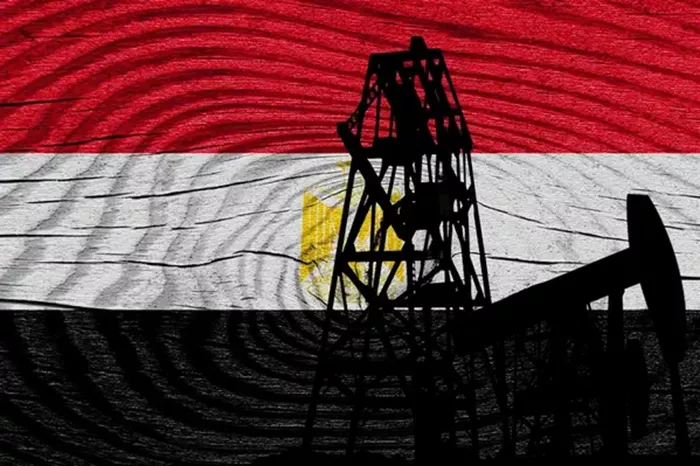Egyptian fertilizer producers were forced to suspend operations on Friday following a significant reduction in natural gas imports from Israel, industry sources told.
The disruption came after Israel’s major gas fields shut down operations amid military strikes targeting Iranian nuclear sites and missile factories. According to the sources, two key Israeli gas fields, Leviathan and Karish, were closed on Friday, while a third field, Tamar, remained operational.
In response, Egypt’s Petroleum Ministry activated an emergency plan prioritizing gas distribution, which included cutting supply to certain industries. The ministry announced that power stations have increased fuel oil usage to maximum levels and some plants are switching to diesel to maintain the gas network’s stability and prevent power outages. However, no timeline was provided for when gas supplies might return to normal.
The Israeli Energy Ministry confirmed interruptions in regular natural gas deliveries, resulting in a temporary halt to exports. The ministry pledged to restore supplies as soon as possible.
Egyptian Prime Minister Mostafa Madbouly said the government is closely monitoring the regional situation and is working to boost strategic reserves of essential commodities. He convened a meeting with senior energy officials and the central bank to address the issue.
Petroleum Minister Karim Badawi stated that efforts are underway to ensure steady gas supply to power stations. This includes contracted gas shipments, stockpiling fuel oil, and preparing floating storage and regasification units (FSRUs) to supplement supply. Egypt currently has three FSRUs; only one is active and injecting gas into the national grid, while the other two are being prepared for connection.
Madbouly noted that once all FSRUs are operational, Egypt’s combined daily regasification capacity will reach 2,250 million cubic feet—more than double the capacity from the previous year. The government is also considering leasing a fourth unit for emergency use.
Egypt has grown increasingly dependent on Israeli gas imports amid a decline in its own production since 2022. Israeli gas constitutes 40-60% of Egypt’s total imported supply and roughly 15-20% of its overall consumption, according to data from the Joint Organisations Data Initiative (JODI).
In a strategic move, Egypt recently signed contracts to purchase at least 150 liquefied natural gas (LNG) cargoes, marking the country’s largest-ever LNG import deal, valued at over $8 billion at current market prices.


